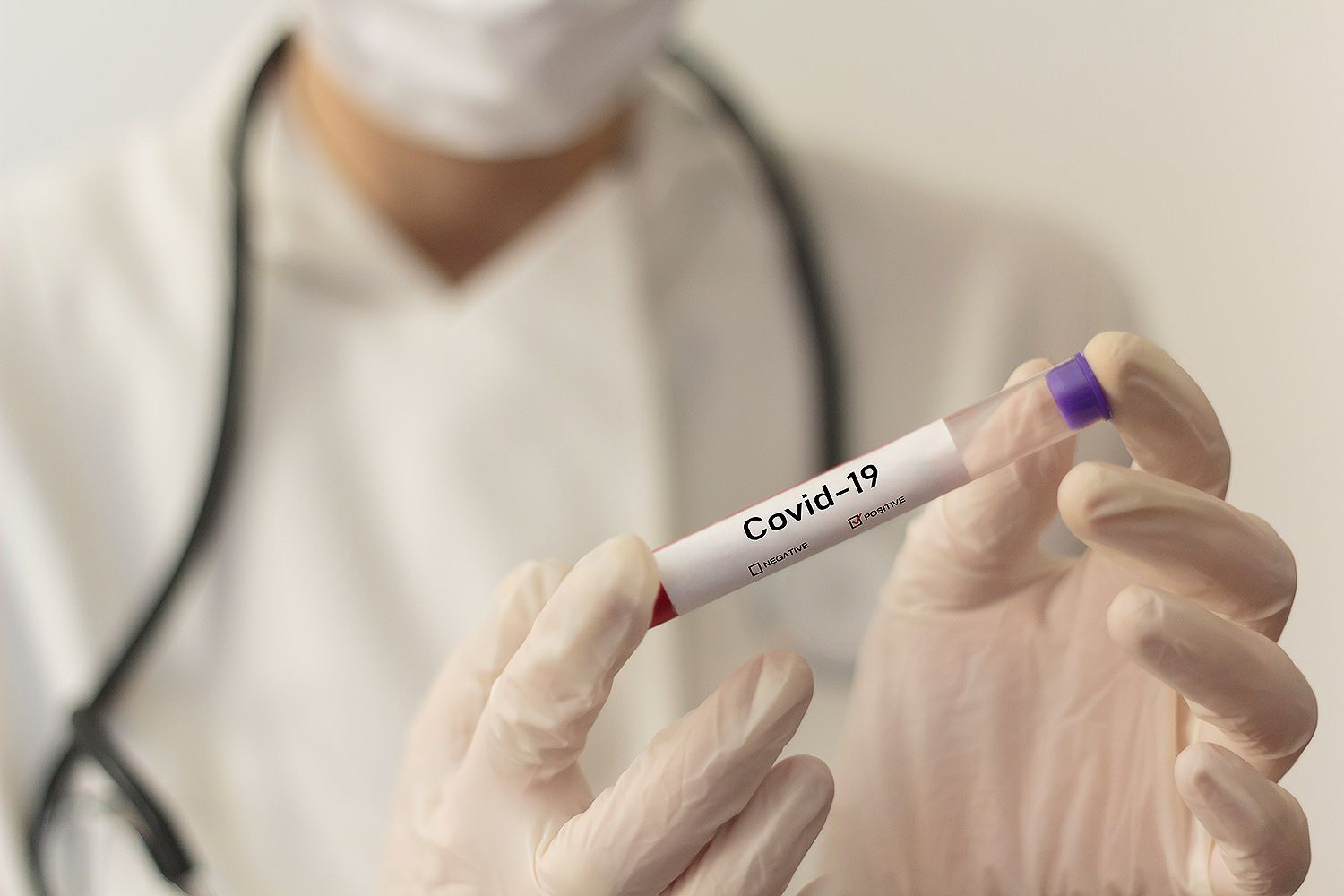
The antibody tests currently available may not be accurate and should not be used to determine if a person is immune to the new coronavirus, COVID-19, the Centers for Disease Control warned.
Antibody testing, performed with a simple finger prick in most cases, is now available at many medical offices and offered as a way for people to see if they have any amount of COVID-19 antibodies in their system, which would indicate that they have had the virus, even if they were asymptomatic. But the CDC is cautioning in new guidance that these tests may not be accurate and may create a false sense of immunity that could put people at risk.
Part of the problem, the CDC said, is that people most likely only have a low amount of antibodies in their system, and antibody tests could show false positive results “less than half” of the time, particularly in areas where very few people have had COVID-19.
"In most of the country, including areas that have been heavily impacted, the prevalence of SARS-CoV-2 antibody is expected to be low, ranging from less than 5% to 25%, so that testing at this point might result in relatively more false positive results and fewer false-negative results," the CDC said.
Additionally, the commonly available tests only show whether a person is positive or negative for COVID-19 antibodies, and does not indicate how many antibodies they have.
Along with the accuracy problems, it is not yet known if having antibodies means that a person is immune from contracting COVID-19. And while antibody testing, also known as serologic testing, was initially touted as a way to allow Americans to get back to work or school, the CDC said not to rely on test results.
"Serologic test results should not be used to make decisions about grouping persons residing in or being admitted to congregate settings, such as schools, dormitories, or correctional facilities," they said, and that “serologic test results should not be used to make decisions about returning persons to the workplace.”
The CDC said that while the presence of antibodies “likely indicates at least some degree of immunity, until the durability and duration of immunity is established, it cannot be assumed that individuals with truly positive antibody test results are protected from future infection.”
That doesn’t mean, though, that people should not get tested for antibodies, as the results are helpful for researchers, Dr. Alan Wu, professor of Laboratory Science at the University of California, San Francisco and the laboratory director at San Francisco General Hospital, previously told PEOPLE. The tests just need to be “accompanied by education.”
“There can’t be a misconception of what the results are telling you, because that can be a bad outcome for the individual,” he said. “Certainly, if the test is negative, that would lead one to think that they are susceptible and would need to be highly cautious of their activities moving forward. But those who are positive may have this false sense of security that they’re immune from future infections when in fact they’re not.”
Test givers instead need to caution patients that they should continue to practice proper social distancing and wear masks to prevent the spread of COVID-19, even if they do have antibodies.
As information about the coronavirus pandemic rapidly changes, PEOPLE is committed to providing the most recent data in our coverage. Some of the information in this story may have changed after publication. For the latest on COVID-19, readers are encouraged to use online resources from CDC, WHO, and local public health departments. PEOPLE has partnered with GoFundMe to raise money for the COVID-19 Relief Fund, a GoFundMe.org fundraiser to support everything from frontline responders to families in need, as well as organizations helping communities. For more information or to donate, click here.
Source: Read Full Article
